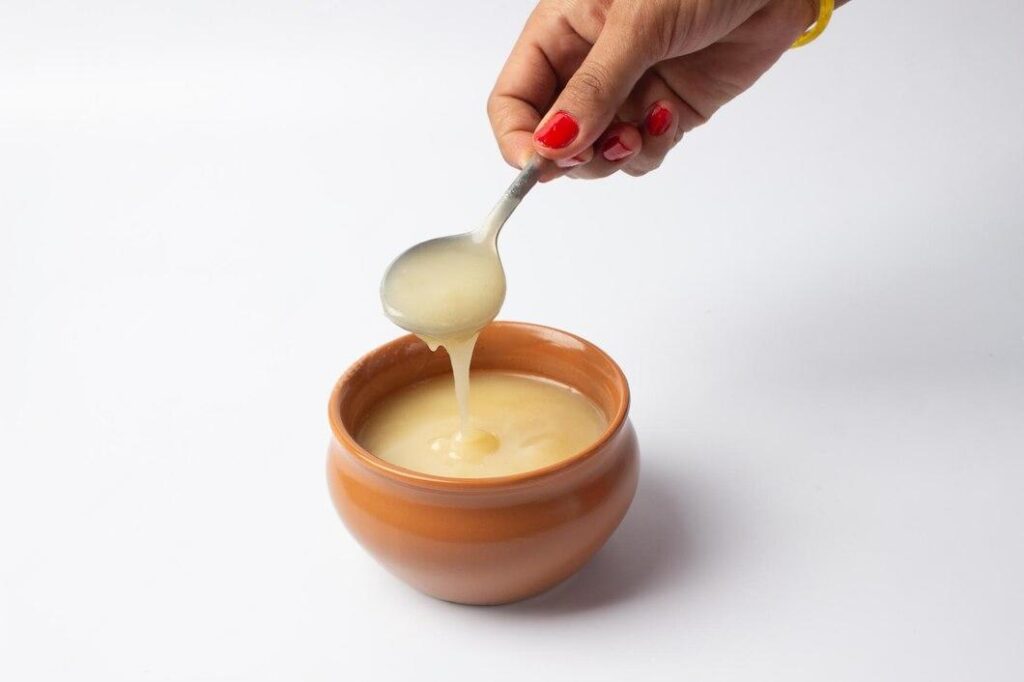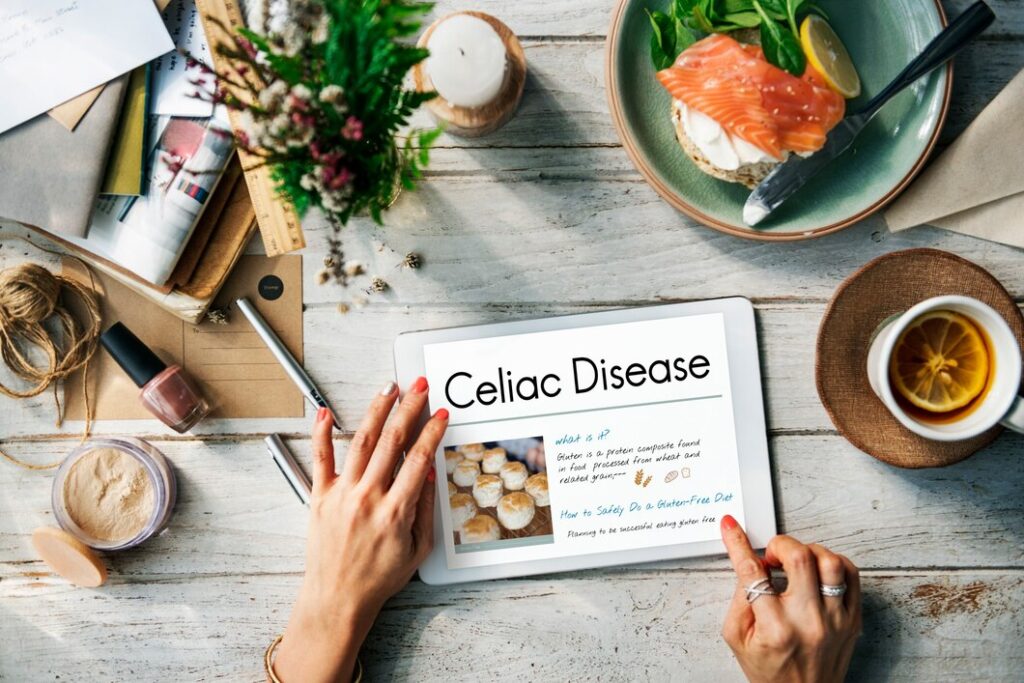Is ghee good for cholesterol?

Overview:
In recent years, the debate over whether ghee, a type of clarified butter popular in South Asian cuisine, is beneficial or harmful for cholesterol levels has intensified. Let’s delve into this topic and separate fact from fiction.
What is Ghee?
Ghee is a form of clarified butter that originated in ancient India. It is made by simmering butter to remove the milk solids, resulting in a rich, golden substance with a distinct nutty flavor. Ghee has been a staple in Indian cooking and Ayurvedic medicine for centuries.
Nutritious Value Chart:
- Ghee is rich in fat-soluble vitamins such as A, D, E, and K.
- It contains healthy fatty acids like omega-3 and omega-9.
- Ghee is also a source of conjugated linoleic acid (CLA), which has been linked to various health benefits.
Effect of Ghee on Cholesterol:
Ghee, a form of clarified butter with roots in ancient Indian tradition, has been a subject of debate regarding its impact on cholesterol levels. Let’s unravel the truth behind the effect of ghee on cholesterol.
Understanding Cholesterol:
Cholesterol is a waxy substance produced by the liver and also found in certain foods. It plays essential roles in the body, such as cell membrane formation and hormone production. However, high levels of cholesterol, particularly LDL (bad) cholesterol, can increase the risk of heart disease and stroke.
Ghee Composition:
Ghee is primarily composed of saturated fats, which have long been associated with adverse effects on cholesterol levels. However, the type of saturated fats found in ghee differs from those in other animal fats.
Types of Saturated Fats:
- Short-chain fatty acids: These are found in foods like coconut oil and have been shown to increase both HDL and LDL cholesterol.
- Medium-chain fatty acids: Present in dairy products like ghee, these fats may have a neutral or even beneficial effect on cholesterol levels.
Research Findings:
Studies investigating the effect of ghee on cholesterol have yielded mixed results. While some research suggests that ghee consumption may lead to a modest increase in total cholesterol levels, others have found no significant impact or even a rise in HDL (good) cholesterol levels.
Moderation is Key:
Like many dietary components, moderation is crucial when it comes to consuming ghee. While it may not be advisable to indulge in large quantities of ghee-rich foods regularly, incorporating moderate amounts into a balanced diet may not necessarily lead to adverse effects on cholesterol levels.
Considerations:
Individual factors such as genetics, overall diet, and lifestyle habits can influence how the body responds to dietary fats, including ghee. Additionally, the context in which ghee is consumed, such as part of a predominantly plant-based diet versus a diet high in processed foods, may also impact its effect on cholesterol.
Effect of Ghee on Lipid Profile:
Research suggests that incorporating moderate amounts of ghee into the diet may improve lipid profiles by increasing HDL cholesterol and reducing triglycerides, thus promoting a healthier cardiovascular profile.
Effect of Ghee on Heart and Cardiovascular Health:
When consumed as part of a balanced diet, ghee may offer potential benefits for heart health. Its high concentration of antioxidants, such as vitamin E, may help reduce oxidative stress and inflammation, both of which are risk factors for heart disease.
Health Benefits of Ghee:
- Supports digestion: Ghee contains butyric acid, which nourishes the cells lining the digestive tract and may aid in digestion.
- Boosts immunity: The vitamins and fatty acids in ghee support a healthy immune system.
- Enhances nutrient absorption: Ghee helps the body absorb fat-soluble vitamins more efficiently.
Is Ghee Good for Cholesterol?
While ghee is high in saturated fat, current research suggests that it may not have a significant adverse effect on cholesterol levels when consumed in moderation. Its unique fatty acid profile and potential health benefits warrant further investigation.
Is Ghee Bad for Cholesterol?
Although ghee is high in saturated fat, which has been associated with elevated LDL (bad) cholesterol levels, its impact on cholesterol may vary depending on individual factors such as genetics, overall diet, and lifestyle habits. Moderation is key.
Is Ghee Bad for Your Heart?
When consumed in excessive amounts or as part of an unhealthy diet high in processed foods and sugar, ghee may contribute to cardiovascular risk factors. However, when enjoyed in moderation as part of a balanced diet, ghee may actually offer benefits for heart health.
In conclusion, the question of whether ghee is good or bad for cholesterol and heart health is not black and white. While excessive consumption of ghee may pose risks, incorporating moderate amounts into a balanced diet could potentially yield health benefits. As with any dietary choice, it is essential to consider individual health goals and consult with a healthcare professional for personalized guidance.
Read more:

